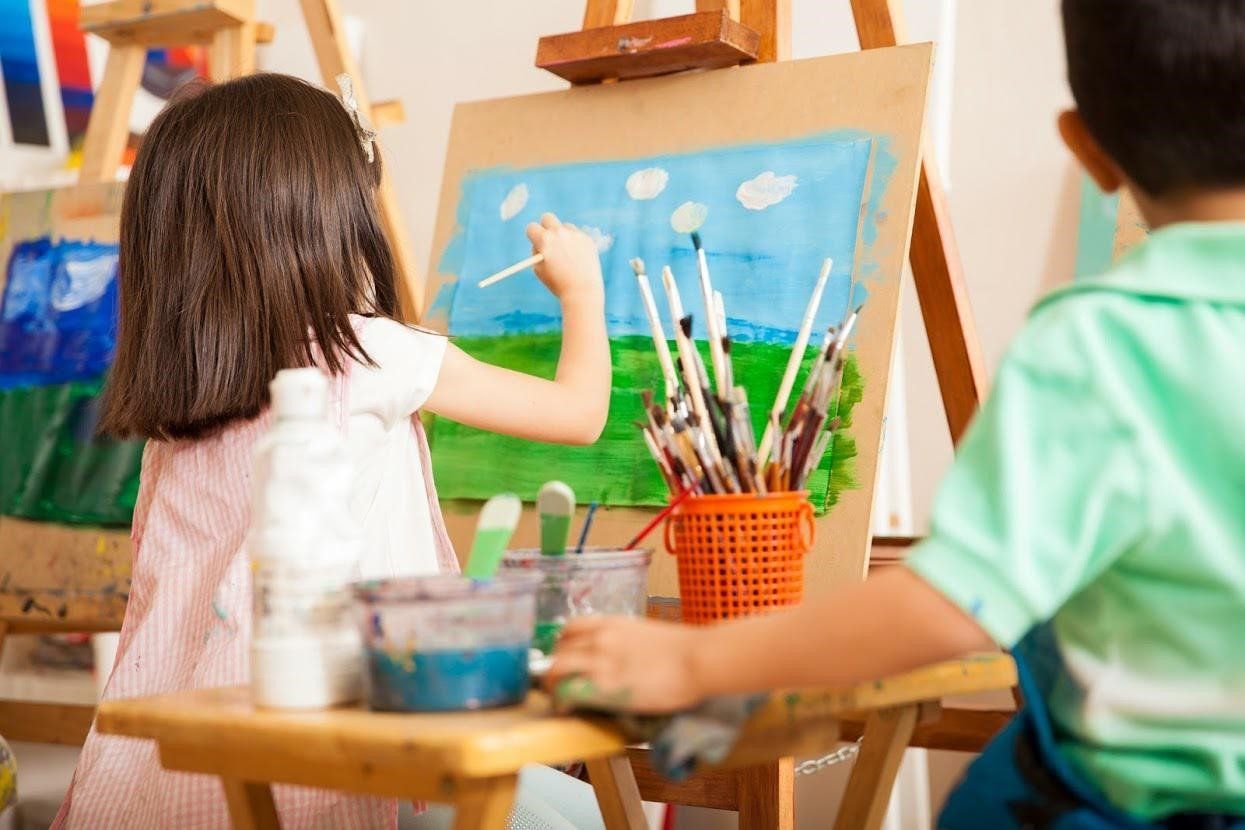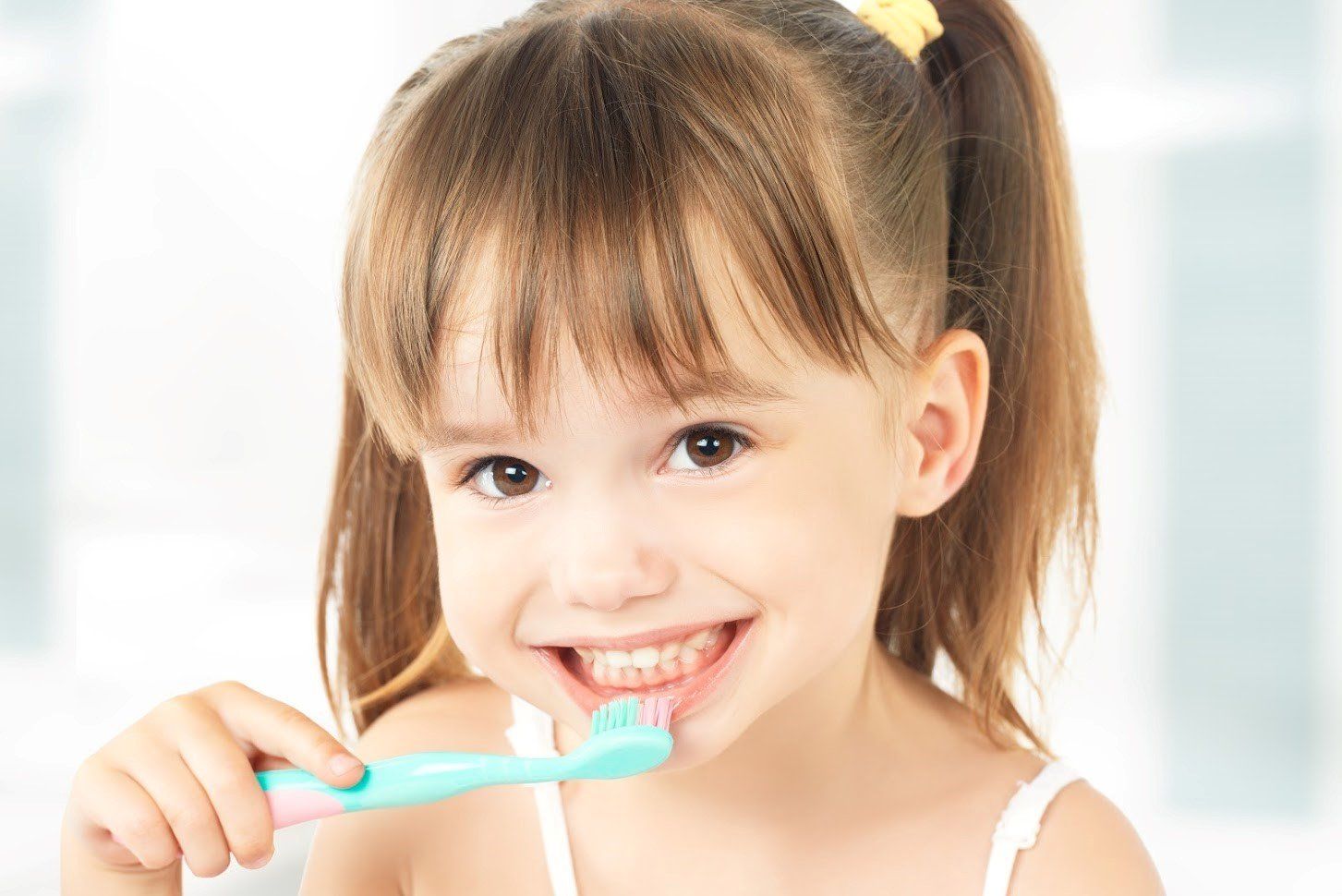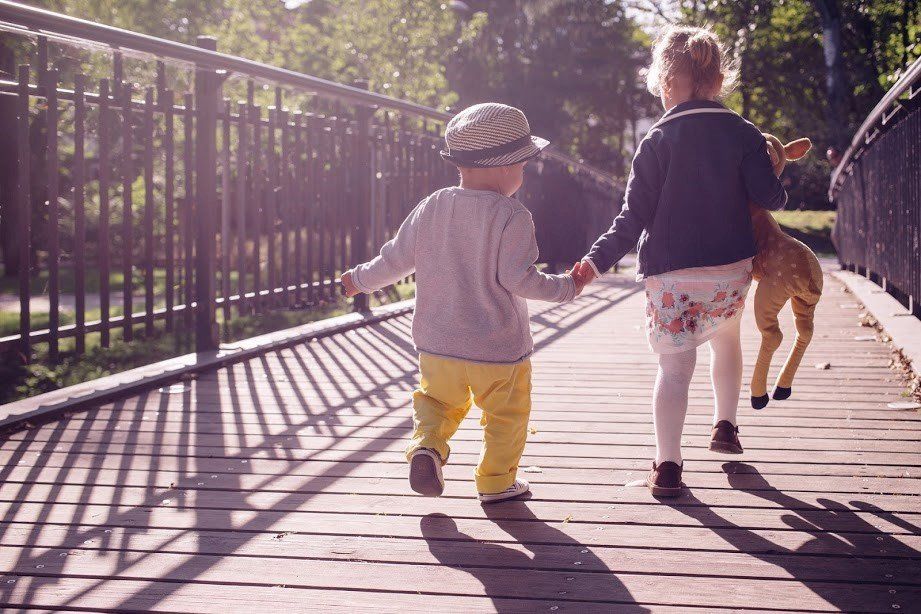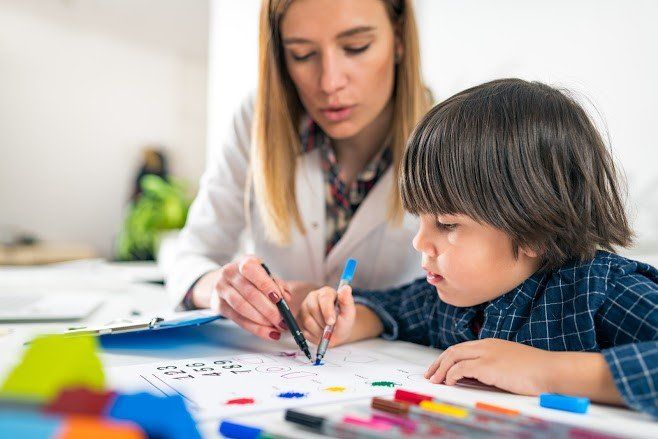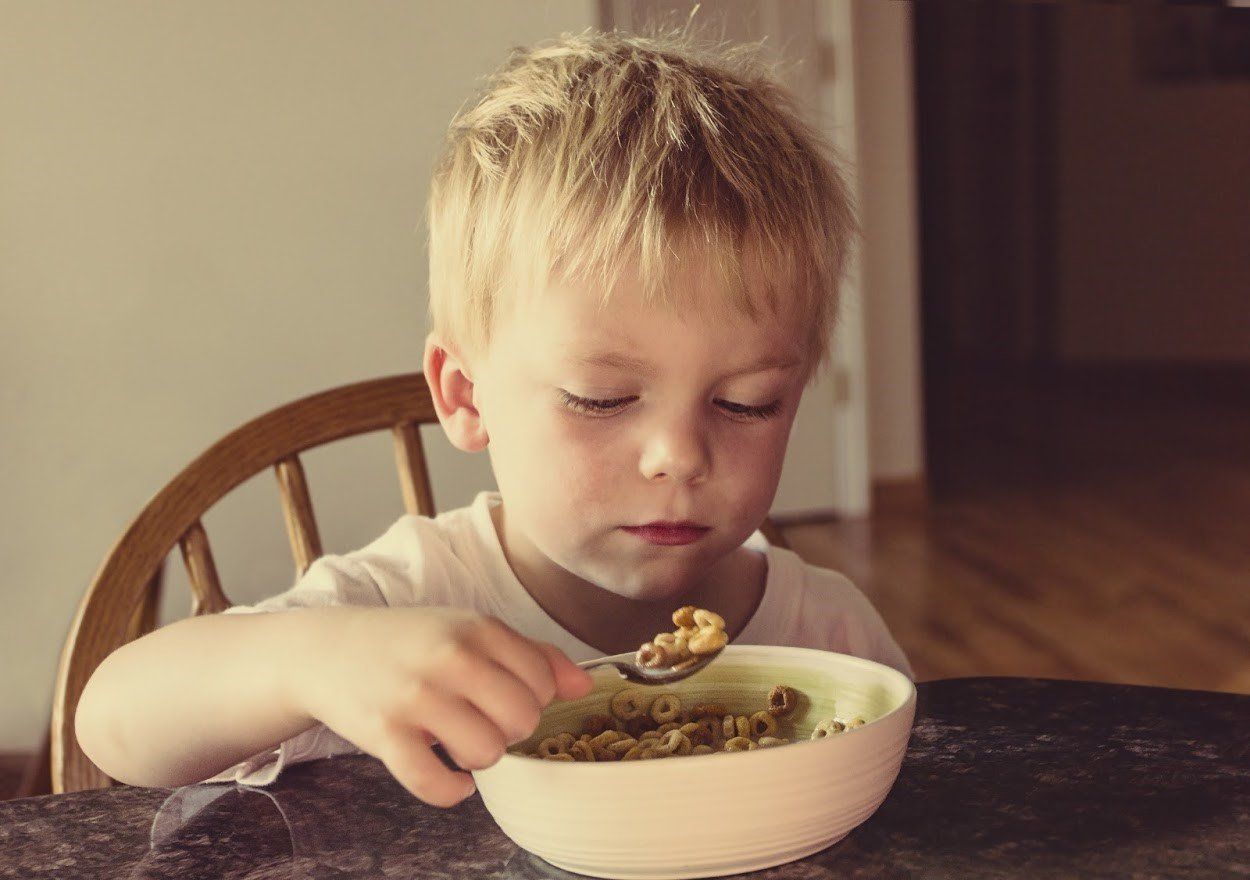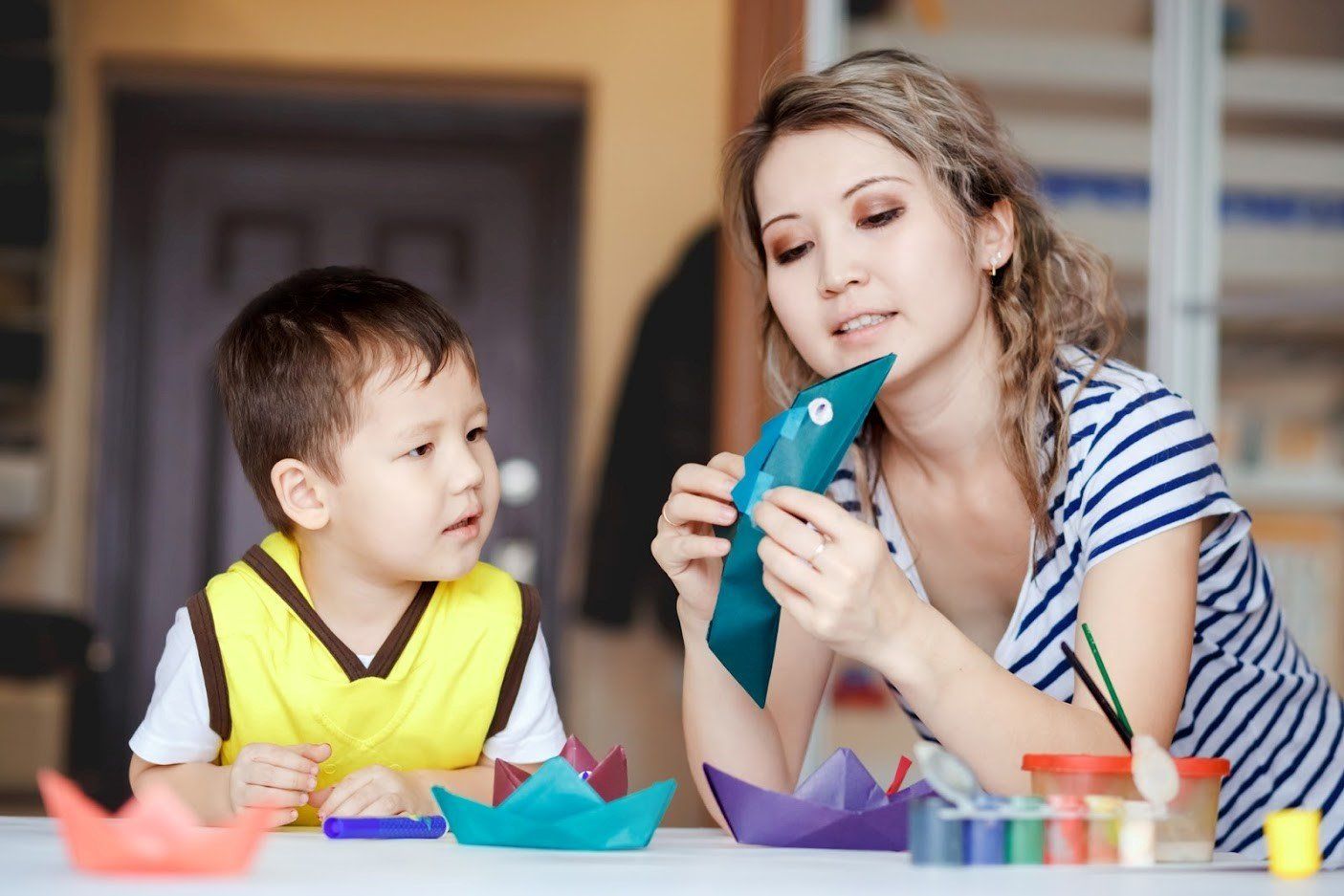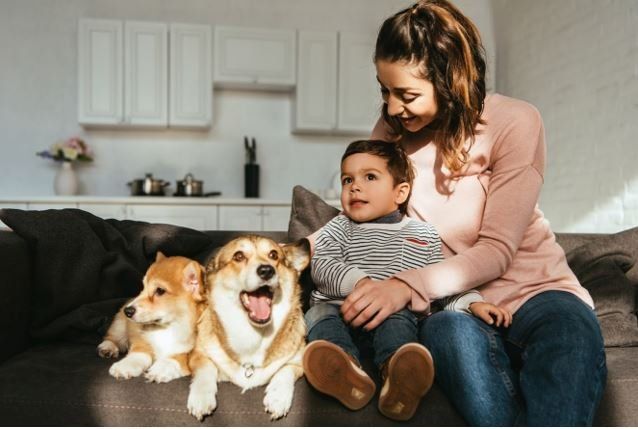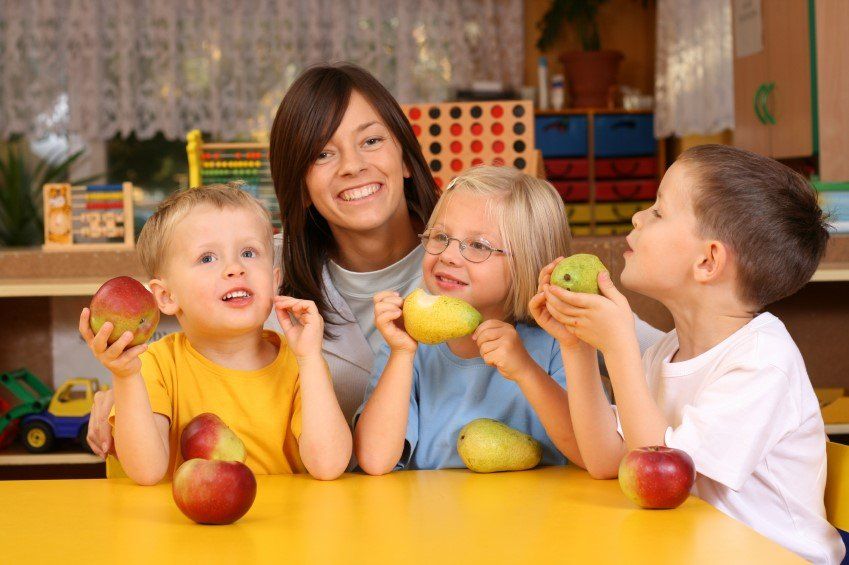How Can Block Play Help Your Child's Development?
The early childhood classroom is a place of wonder for your preschooler. From finger painting to dressing up, your child will learn and grow through play. Along with everything else your preschool-aged child does during their day, block play often takes the center stage. If you want to know what this seemingly simple activity can do for your child, look at the developmental benefits of block play.
Early Math
Math in the preschool classroom is much more than addition and subtraction. At this young age, children need concrete ways to make the abstract world of mathematics accessible. Manipulatives, such as counting bears, an abacus, or blocks, can make concepts easier to understand.
Blocks provide the preschooler with many different ways to learn basic math concepts. These include (but aren't always limited to):
- Geometry. Block play can help preschoolers to develop shape recognition skills. By using a variety of three-dimensional shapes, young students are able to connect the shape words with the actual structure in a hands-on way.
- Numeracy. Counting blocks or using them to create different quantities (including adding or subtracting them) can lead to numeracy development.
- Pattern. Alternating shapes, colors, or sizes of blocks can help young children to learn about patterns.
- Spatial relationships. Spatial reasoning is a challenge for many preschoolers. Block play gives children the chance to explore and experience three-dimensional objects and how they move through space or relate to one another.
Along with these early mathematical concepts, block play can help children to sort and classify. Depending on the types of blocks the child uses, they can group them into meaningful categories. While this might not seem like a math skill right now, down the road the child will use this growing organizational ability to solve complex problems.
Creative Thinking
Block play is much more than building towers or stacking walls. Instead of a one-by-one stacking activity, preschoolers can create anything that their imaginations allow. While you may already know that the dress up bin and play kitchen area foster creative or dramatic skills, these aren't the only places that spark imagination.
How does block play foster creative thinking? Given the chance to explore with blocks without limits or a specific direction, children are free to create their own narratives. Whether they imagine that each individual block is a pretend friend or they use the blocks to create a story-like setting, this type of play builds creativity and the cognitive skills needed to think in this way.
Problem Solving
The engineering aspect of block building requires a sophisticated set of problem-solving skills. Think of creating a tower that won't fall like a puzzle that a child needs to solve. As the preschooler builds, creates, or designs their own creations, they solve internal problems. Likewise, educators can prompt their young students to solve problems with the blocks. Through directed ideas (such as "How can you use three blocks to build a bridge?" or "How can you make the blocks stand in a tower?"), children begin to think critically. This valuable skill is something that they'll use throughout their life, in school, and well beyond.
Social Skills
Block play isn't always a solitary activity. Even though a child can play with blocks alone, group builds provide the chance for preschoolers to work cooperatively together and develop social skills. Through negotiation, communication, and idea sharing, preschoolers learn how to interact with others in a social world.
Hand-eye coordination, muscle strength, and dexterity are all skills that block play can help the young child to build. Building with blocks gives the young child the abilities to manipulate small items and make progressively more sophisticated hand movements. Do you want a caring environment that will help your preschooler to learn and grow? Contact Small World Early Learning & Development Center for more information.


